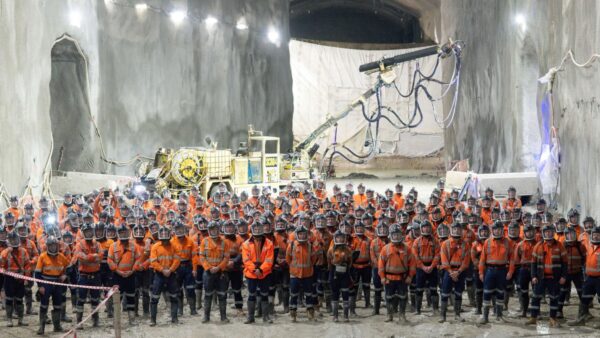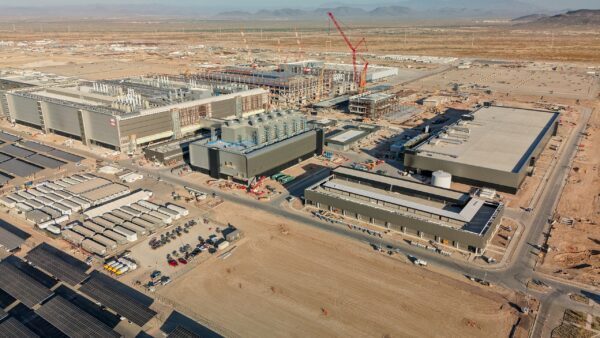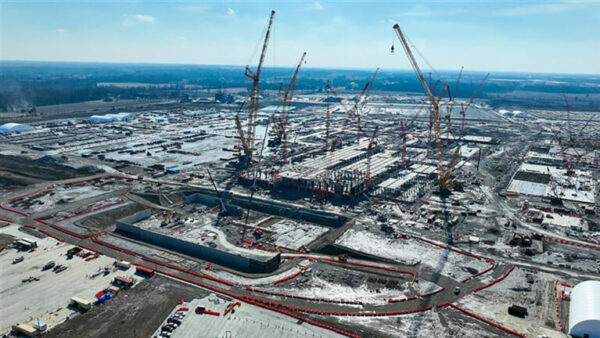A court in Tokyo has fined two Japanese contractors a total of $3.4m for colluding on their bids for work packages on the $80bn Tokyo-Nagoya maglev rail project.
On Monday, 22 October, the Tokyo District Court ordered Obayashi to pay $1.8m in costs and fines and Shimizu $1.6m for violation of Japan’s Anti-Monopoly Act. Takumi Suzuki, the judge in the case, said the collusion had “prevented fair and free competition”.
The two companies admitted their involvement in bid rigging. Obayashi issued a statement accepting responsibility and promising to take “preventive measures and other additional steps to regain trust promptly”. Shimizu described the collusion as “regrettable”.
The Japan Fair Trade Commission and the Tokyo District Public Prosecutor’s Office brought charges against four of Japan’s biggest construction companies in March, after it came to light that they had divided up contracts and agreed to share costs for construction work on the project.
Two other contractors, Kajima and Taisei, are also under indictment, but have denied the charges. Takashi Okawa, Taisei’s former managing director, and Kajima’s civil engineering sales division manager Ichiro Osawa have also been charged.
The fines against Obayashi and Shimizu were lowered because they voluntarily reported to the commission and were able to take advantage of leniency provisions. The other companies face an automatic surcharge of 10% of their annual revenue, or 15% if they are found to have led the anti-competitive behaviour.
The companies are charged with colluding over construction work at Shinagawa and Nagoya stations between April 2014 and August 2015.
The original scope of the inquiries was confined to a contract won by Obayashi in 2016 to build an emergency exit at Nagoya station, the southern terminus of the project’s first phase. Obayashi and Shimizu each won four of the 22 works packages awarded and Kajima won three.
Image: A maglev train on the Yamanashi Test Track (Yosemite /Creative Commons)
Further reading:










